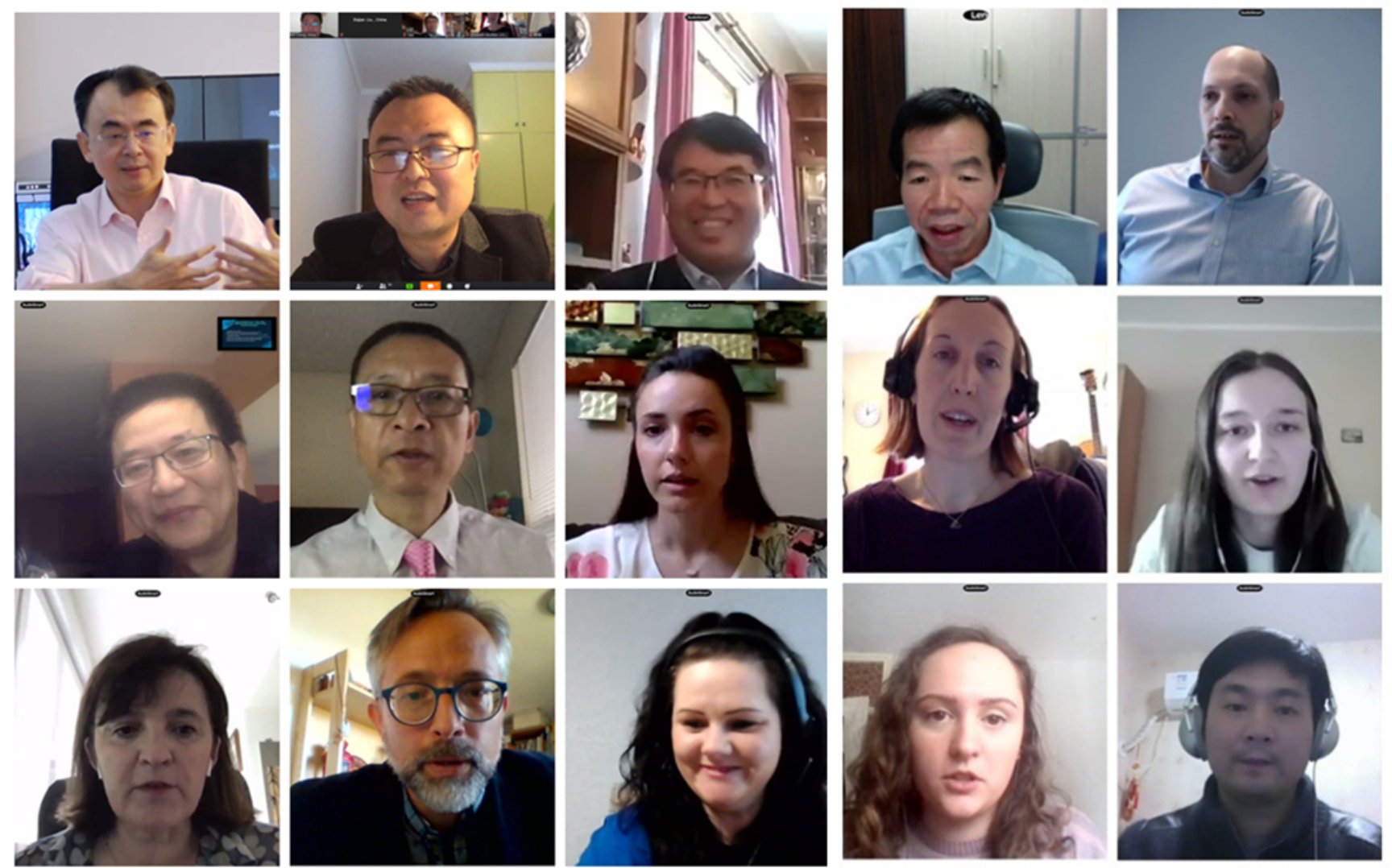Seeking Educational Response to COVID-19 Outbreak——The Webinar entitled “How to Help Children be Active Learners at Home during Educational Disruption”
On March 27, 2020, an international webinar entitled “How to Help Children be Active Learners at Home during Educational Disruption” was held at 20:00-22:00 (GMT+8). The webinar was organized by the Smart Learning Institute of Beijing Normal University (SLIBNU), UNESCO Institute for Information Technologies in Education (UNESCO IITE) and UNESCO International Research and Training Centre for Rural Education (INRULED), co-hosted by the Arab League Educational, Cultural and Scientific Organization (ALECSO), and International Association of Smart Learning Environments (IASLE).

According to UNESCO statistics, by March 26, 2020, more than 1.5 billion school students at all levels worldwide have been affected due to COVID-19 outbreak.
On the webinar shared the Guidance on Active Learning at Home in Educational Disruption: Chinese experience on promoting student’s self-regulation skills during COVID-19 outbreak. This handbook was realized by the research team led by Co-Dean Ronghuai Huang and Dejian Liu and discussed three parts, namely “Protecting yourself, and prevent from COVID-19”, “Becoming active learner during educational disruption” and “Keeping healthy at home”. The handbook explained in detail the potential problems during the process of active learning caused by both external and internal factors. With vivid pictures, this handbook presented the practical experience of active learning from students all over the country, and offered specific suggestions with a great variety of cases and relevant theories.
The scholars, front-line teachers and students from different countries shared their active learning experience from the perspectives of current situation, measures, initiatives, resources, teaching methods and tools, etc.
At present, abundant online learning resources and diversified technological devices have offered students comprehensive materials and convenient approaches for online learning. However, they have also brought about many problems: in the process of home learning, students tend to have poor self-regulation, or even indulge in the entertainment on their terminal devices, which suggests that their self-monitoring ability should be improved. In view of these problems, Ronghuai Huang, Co-Dean of SLIBNU, put forward the seven suggestions—scheduling learning and playing in balance, choosing learning resources on demand, inspiring the study from playing, engaged in learning by self-monitoring, nourishing learning ability with e-assessment, carrying out reflection on learning methods, exercising daily and moderately—and hoped that more countries could share the experience and suggestions to improve students’ active learning.


